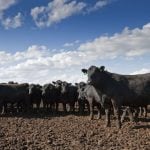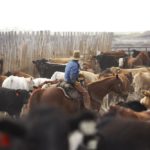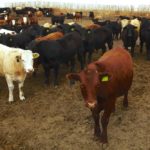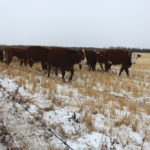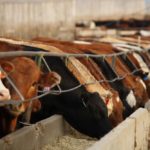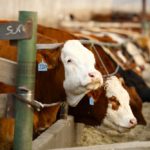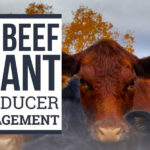Western Canadian feeder cattle prices were relatively unchanged to slightly softer compared to mid-December. The market was lightly tested, with direct off farm to feedlot trade, but auction market activity was rather quiet. Winter conditions in southern Alberta caused buyers to be on the defensive, with lighter calves reflecting small discounts; however, vaccinated feeders on […] Read more


